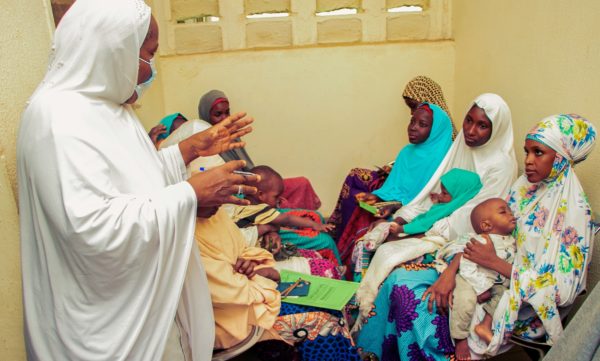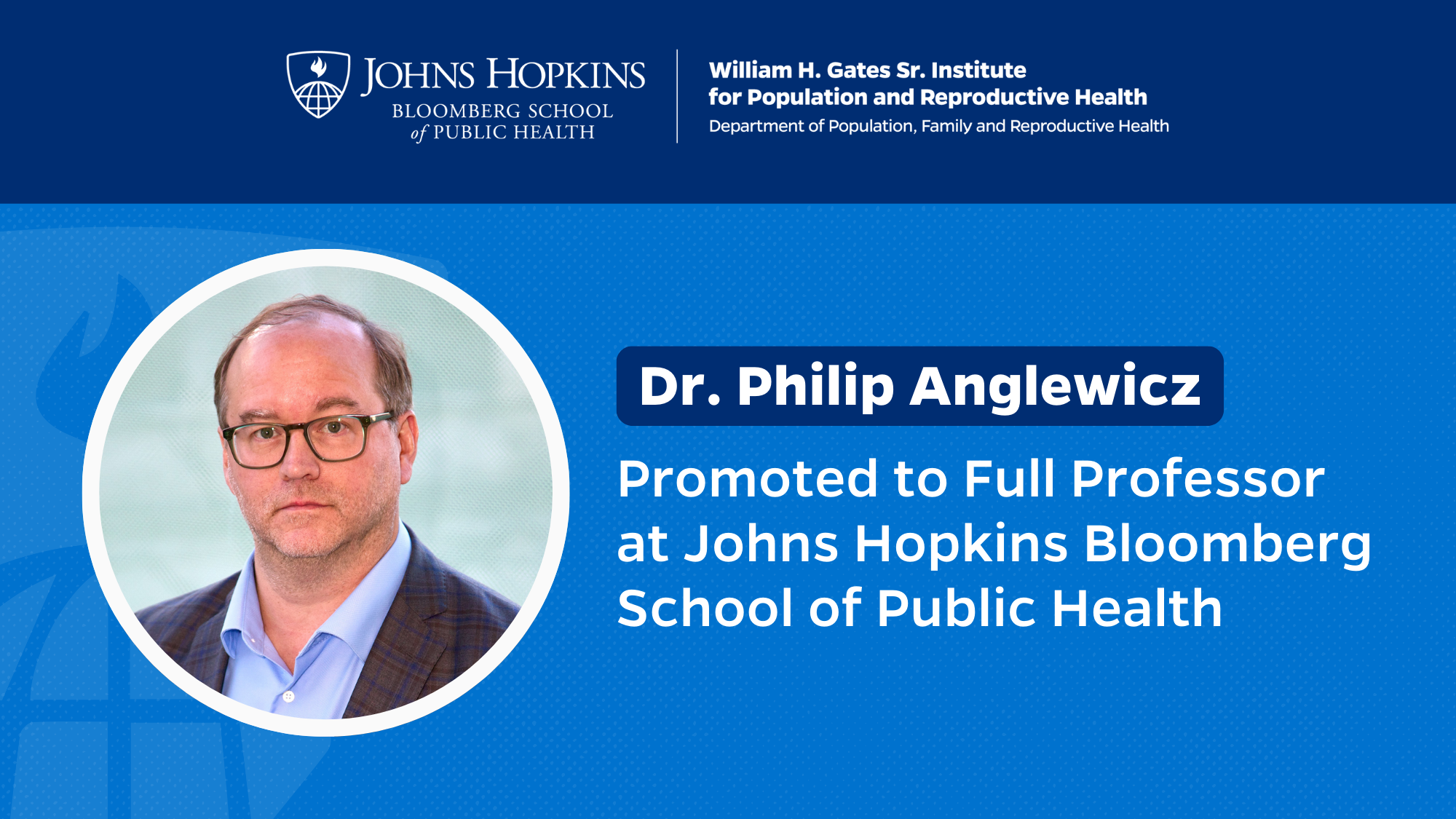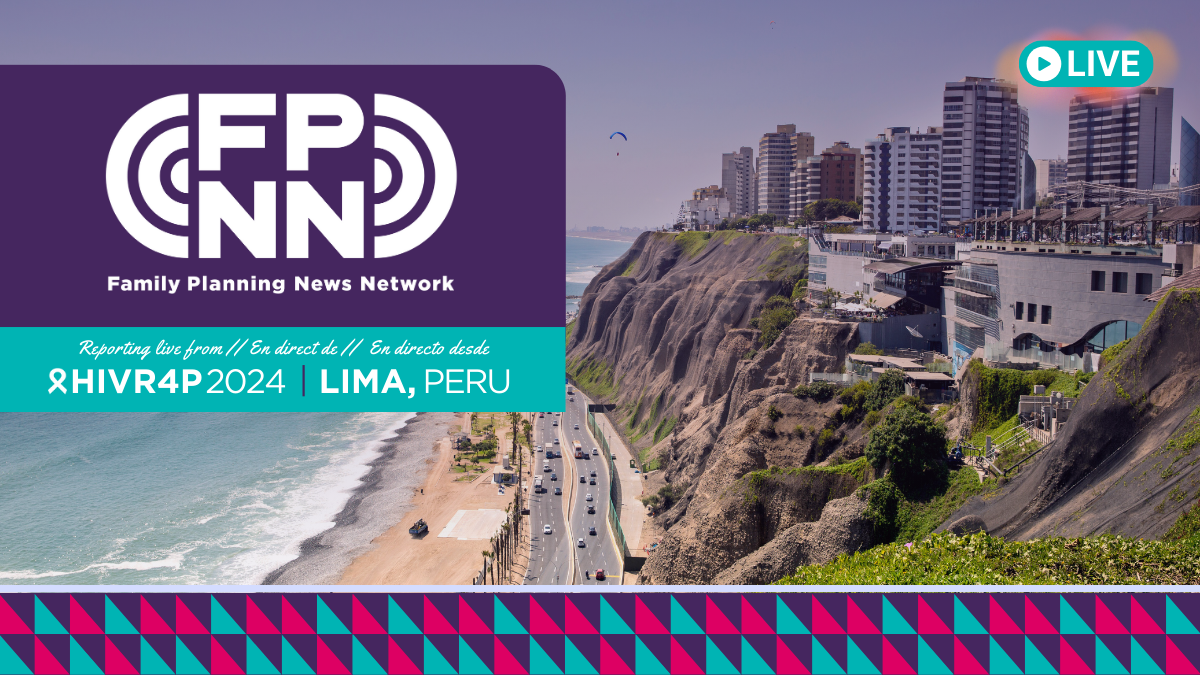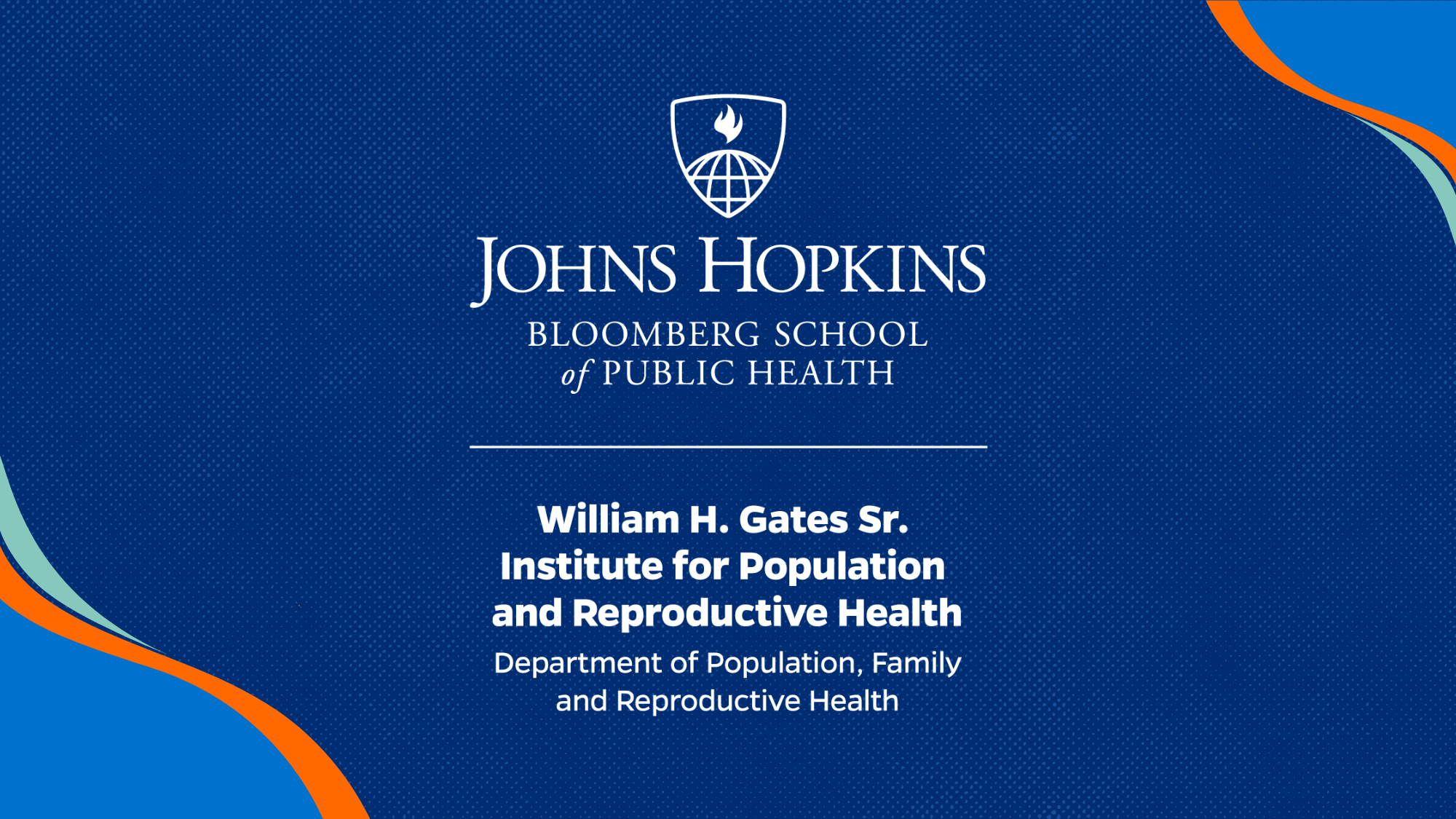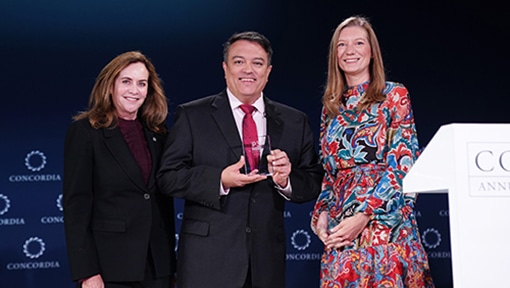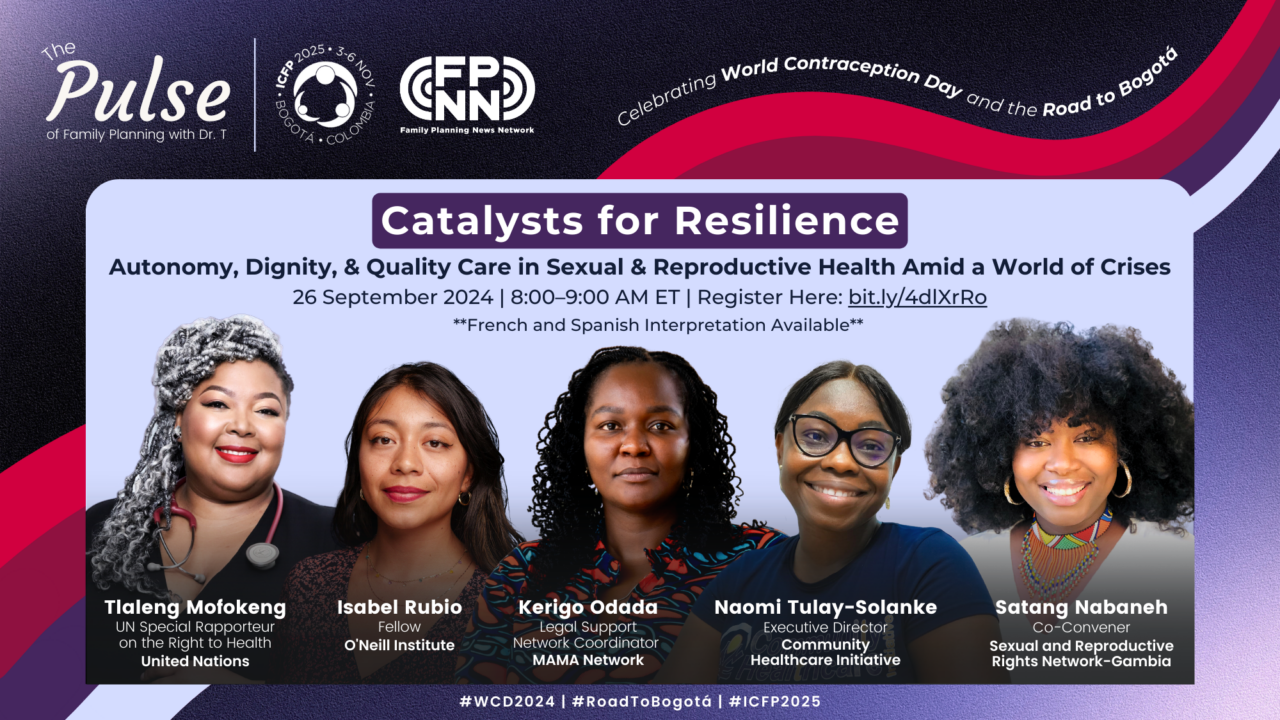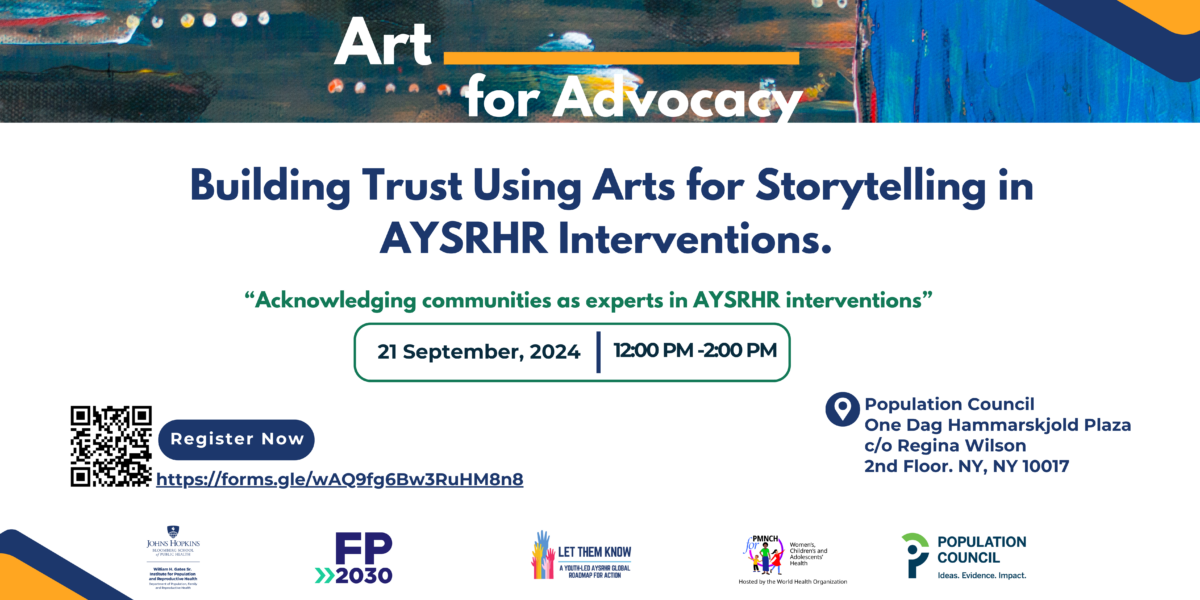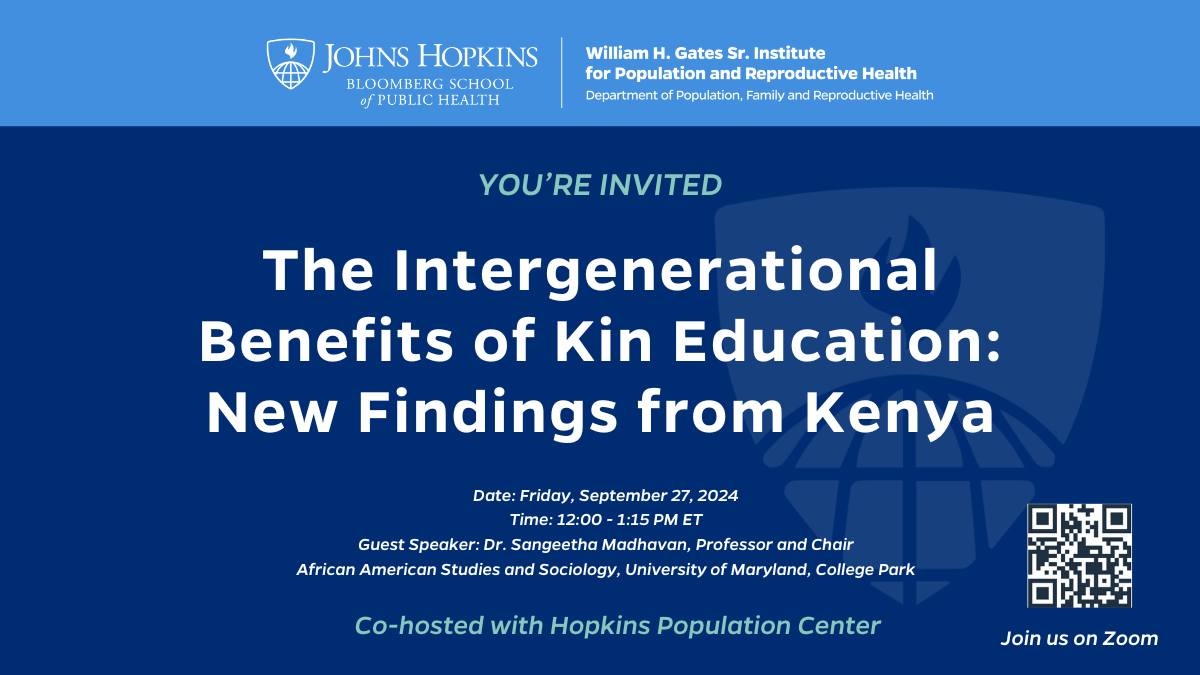There’s been a lot of talk lately about the future of global development programming. Is it home-grown solutions led by local governments and organizations? Is it about scaling evidence-based interventions, ending the era of “pilotitis” as others would say? Or is it about sustainability through capacity and health systems strengthening? What if I told you all of these are possible if we invest in platforms – not projects.
Up to now, investors in the global health and development space have largely awarded three- to five-year grants or contracts to individual time-bound “projects.” This is the case whether funding is provided through bilateral or multilateral institutions, philanthropic organizations and individuals, governments or even the corporate sector.
At the end of the time period, progress pauses while the investor decides whether to keep funding a project or go in another direction. This “projectization” approach needs to give way to new ways of thinking and doing if we want to achieve sustainable, cost-effective impact across a variety of global health and development challenges. We need to think platforms, not projects.
What do I mean by a platform?
A global development platform creates a multi-layered ecosystem for scaling sustainable solutions. A platform structure allows for creative thinking at many different levels—horizontally, vertically and diagonally.
A platform takes advantage of economies of scale with more opportunities to incorporate cost efficiencies and cost-effectiveness the larger its scale and coverage. A project can buy into a platform, and a platform allows for smart layering of different health or development interventions.
A platform can extend long beyond a typical project time frame, allow for multiple investors, and can be a sustainable cost-effective solution for a variety of health and development challenges.
- Longer Timeframe: A platform approach allows for a much longer time horizon for scaling an approach that works. With no predefined endpoint, a platform offers continued relevance to its investors, participants and beneficiaries. The scaling literature notes that an innovation needs at least 15 years for true scale to take hold.
- Multiple Investors: Multiple investors can invest and have a stake in a platform, enabling them to leverage each other’s resources. And that’s not just material and financial resources, but each investor can bring their different perspectives and experiences, different networks, credibility and trust to the table. Time-bound projects can “invest” in the platform.
- Multiple Applications: Platforms also allow for smart layering of different, yet related, health or development programs that exploit synergies across the programs. Platforms can also better realize synergies across areas such as policy development, programs, research and learnings. They allow for southern and northern players to work together to aggregate and serve their mutual interests and execute best practices from both sides.
- Global Social Good: Because a platform can exist as long as it delivers on behalf of its investors and stakeholders, it will eventually become a long-lasting global social good owned by its various stakeholders.
In 2021, the Gates Institute refreshed its 10-year vision and strategy to prominently acknowledge platforms as a new way of doing business. Several of its major programs are structured as platforms, but together form GI’s comprehensive approach for monitoring approaches that work, scaling those approaches and advocating for their sustainability, while nurturing a dynamic network to ensure continued progress through engagement, adaptation, reflection and recognition.
The Challenge Initiative
From the outset, The Challenge Initiative (TCI) was conceived and built around new ways of thinking and doing – ‘business unusual,’ if you will – for the future of development work.
TCI was conceptualized as a platform to address the health needs of the urban poor and not just another project on reproductive health and family planning. TCI’s multi-layered platform facilitates the implementation of high-impact interventions (HIIs), which are rapidly adopted and scaled up by local governments (cities, states, counties) that bring their own political will and ideas to the table.
They also contribute financial, human and policy resources, while providing leadership and ownership of their own programs.
In turn, TCI provides local governments with supplemental funding through its Challenge Fund and coaching (technical assistance) on HIIs that have been curated and made easily adaptable through TCI University and its toolkits. TCI also provides coaching on health governance and health systems change to ensure effective management and likelihood of interventions being sustained beyond the life of the interventions.
Other features of the TCI platform are an emphasis on the use of near real-time data for decision-making, leveraging donor resources to achieve more cost-efficiency and cost-effectiveness, and the ability to layer other health issues and concerns on to the already-established platform.
While TCI is not a traditional service delivery project with a defined end date, its investors do fund specific time periods that overlap and extend its longevity. Investors include 120 local governments, the Bill & Melinda Gates Foundation, Bayer AG, Comic Relief, USAID, private philanthropists, local foundations such as Zuellig Family Foundation in the Philippines, and corporations.
Performance Monitoring for Action
The Performance Monitoring for Action (PMA) platform combines two key features. First, PMA produces representative data on a more frequent basis than many other large-scale surveys, with rapid turnaround of results, using local resident enumerators for data collection.
As one philanthropist astutely observed: If the private sector has to wait every five years to find out whether they are achieving their goals or not, they would have been bankrupt by then (in contrast to the Demographic Health Surveys that are conducted mostly every five years).
Second, PMA has an innovative study design. PMA implements annual longitudinal surveys and a new cross-sectional panel design to fill a data gap — collecting information from the same women and households over time for regular tracking of progress and for understanding the drivers of contraceptive use dynamics – an approach that is not currently used by other large-scale surveys.
With these high-quality, frequent, longitudinal data, PMA helps decision-makers understand more quickly what works, and what does not, enabling decisions more sensitive and responsive to evolving needs.
But the PMA infrastructure and platform, which consists of outstanding research institutions in nine countries in Africa and Asia, can also collect customized data depending on the need of the investors.
PMA has already developed modules on family planning and reproductive health, water and sanitation, primary health care, maternal and child health, nutrition, abortion, AYSRH, and more.
PMA can expand in other countries using the same methodologies already used in the nine participating countries. Investors in the PMA platform includes the Bill & Melinda Gates Foundation, Children’s Investment Fund Foundation (CIFF), USAID, FHI360, Hewlett Foundation, Packard Foundation, and Buffett Foundation.
Advance Family Planning
Advocacy working groups in Africa, Asia and Latin America have used Advance Family Planning’s (AFP’s) SMART Advocacy approach to pilot advocacy tactics, secure financial investment and policy change, and share knowledge and advocacy expertise.
AFP galvanizes political, religious, and business leaders; civil society members; journalists; donors; and health providers to see family planning as a sound investment for individuals, communities, and a nation’s future. The approach delivers results: $170 million in family planning funding from national and subnational governments and the private sector since 2009, alongside hundreds of policy changes that advance access, and improve quality of care.
Within the Gates Institute, AFP continues to focus on expanding the evidence base for advocacy, incubating ideas for new advocacy approaches, and creating and refining monitoring and evaluation and communication tools.
As the AFP initiative wraps up in 2022, its practical, adaptable SMART Advocacy approach and thousands of SMART Advocates will continue to be a foundational platform on which to drive advocacy results.
More than 300 organizations in 41 countries are using SMART Advocacy within the reproductive health and family planning sector and beyond, including advocacy for gender equity, girls’ education, safe surgery, and other issues. AFP’s investors include the Bill & Melinda Gates Foundation, the David and Lucile Packard Foundation, The William and Flora Hewlett Foundation, and private philanthropists.
The International Conference on Family Planning
The International Conference on Family Planning (ICFP) is not just a conference. It demonstrates through action the idea originally set forth in the conceptualization of the conference– to become a platform driven by the community and managed through a distributed accountability approach where sponsors, multilateral and bilateral agencies, philanthropic organizations, NGOs, universities, host countries, bilateral and multilateral institutions, and individual participants contribute financial and human resources because they see the platform as representing their individual and collective interests.
It is a platform that provides a space for the voices of the reproductive health community to be heard. It also recognizes outstanding contributions through the EXCELL Awards, the Global Humanitarian Award for Women and Children’s Health, Lifetime Achievement Award, the In Memoriam Recognition.
And it curates the community’s learnings on not just reproductive health, but emerging issues such as COVID-19’s impact on reproductive health. The many ways that the entire reproductive health community can use the ICFP platform is only limited by one’s own imagination.
Gates Institute’s NextGen Catalyst Initiatives – including 120 Under 40: New Generation of Family Planning Leaders Ingenuity Fund, the Gates Institute Global Health Leadership Accelerator, support of youth-led organizations and programs such as the International Youth Alliance for Family Planning, and the AYSRH Global Program of Action – help ensure that the next generation of family planning leaders are well-prepared to take on the next generation of family planning and reproductive health challenges. This platform of initiatives brings youth voices to the forefront across all Gates Institute’s efforts and makes youth engagement a sweeping priority.
—
In 2022, the Gates Institute (GI) will accelerate its groundbreaking research, advocacy and programs through its network of platforms and synergistic approach to making positive disruptions in family planning, sexual and reproductive health and rights, and overall public health across the globe. GI’s platform of stakeholders includes a network of nearly 200 organizations worldwide, about 80% of which are local or southern-based institutions.
We invite investors, donors, civil society, community-based organizations, philanthropists, the corporate sector and governments (national and local) to become strategic partners in making the world better through positive disruptions in the way we do our work.

